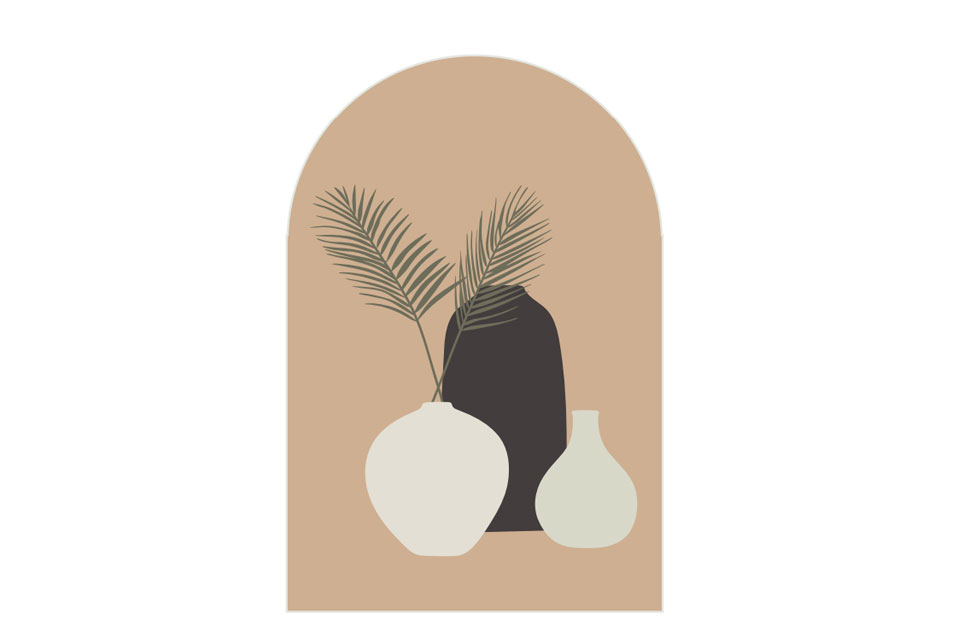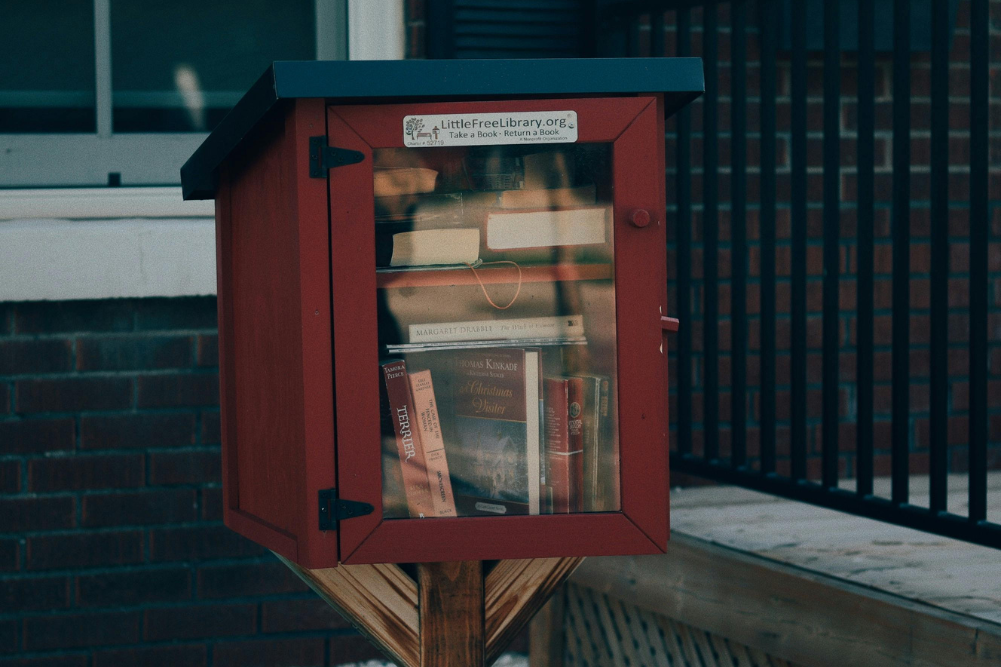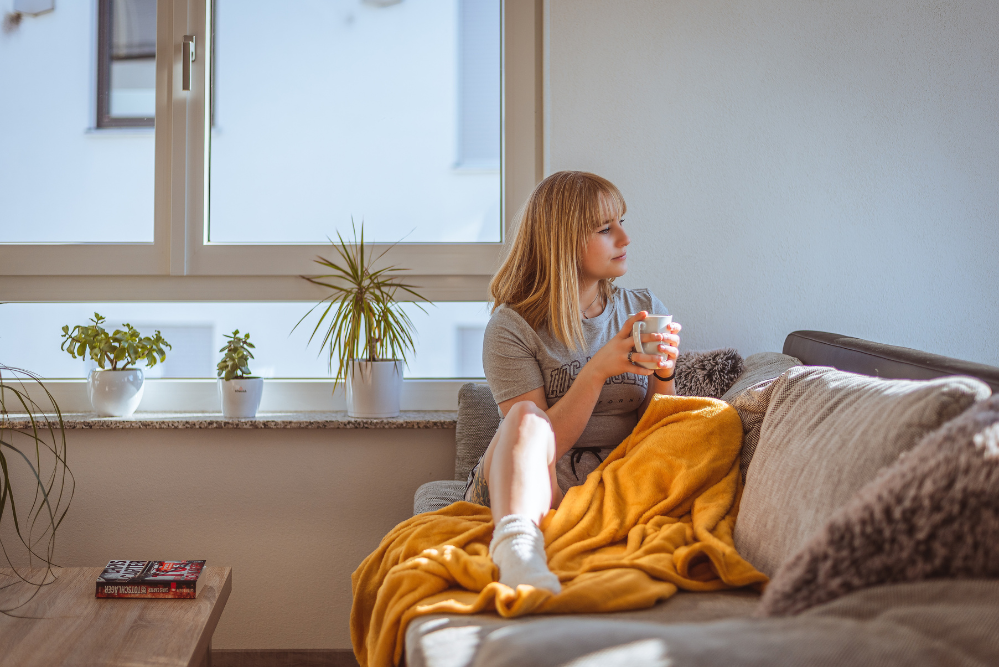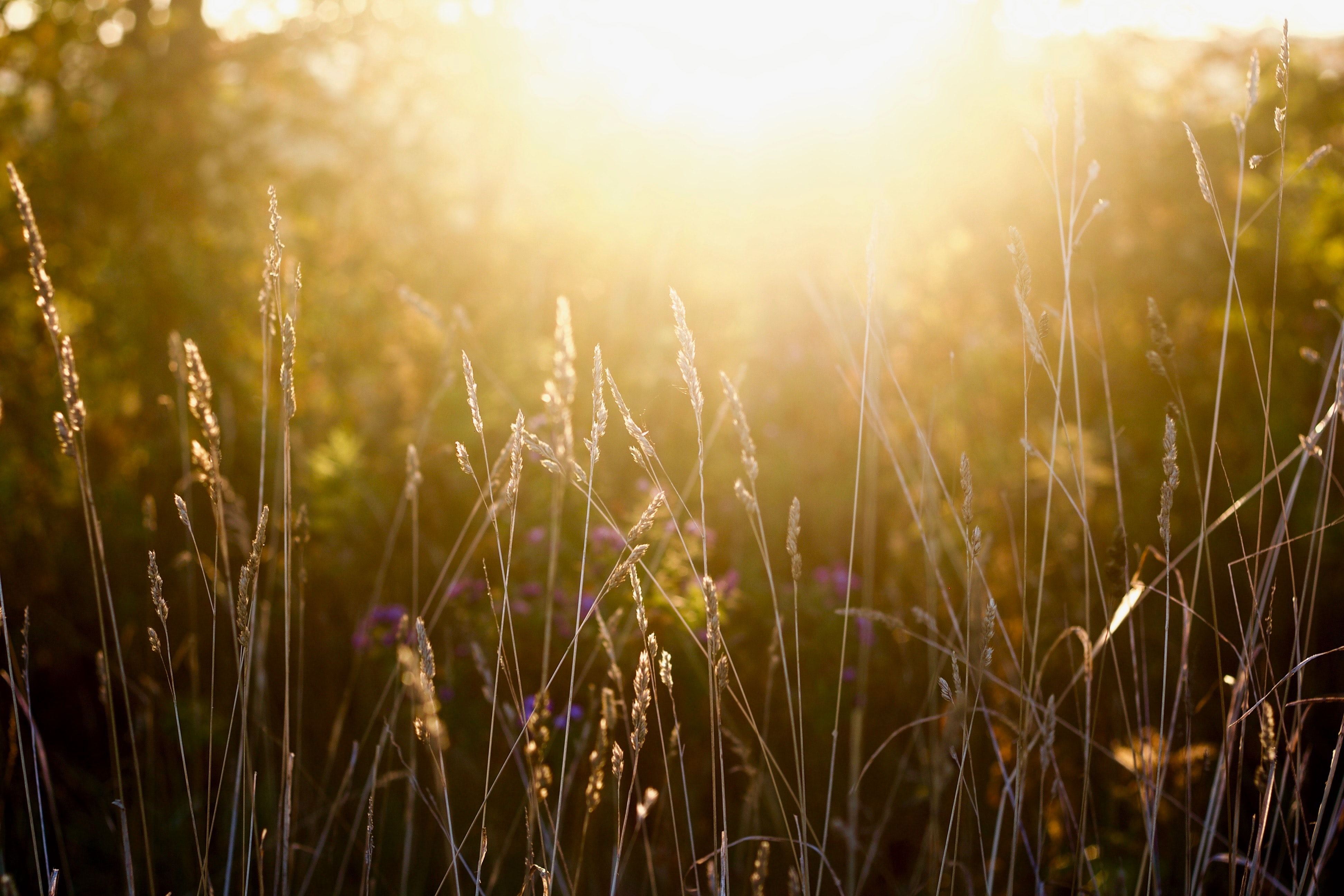The idea of less is one of those ironic things, as the more you give, the more you receive. When you give your possessions away, you receive more space; when you give your best self, you receive great outcomes, opportunities and interactions; when you give your money away, you receive material, educational or theoretical goods in return (ie shopping, courses).
The constant between these examples is that, while we are losing something, what we gain in return can be far more valuable and beautiful, and can act as a pathway to a greater sense of being.
The past year and a half has been a time like no other; our realities changed beneath our feet. With the constant shifting of our lives, we had to learn how to deal with less immediacy, less plans and sometimes less access to material things. What this unknown territory highlighted was the notion that less can absolutely mean much more.
The idea of “less is more” extends to our mental and emotional world as well as our physical reality. Needing more material things to stay busy or always feel productive has the potential to control our moods, our experiences and our relationship with our environment (when not managed).
By letting go of this need, there’s an abundance of wealth beneath its veil. Wealth of the mind, body and soul as we shed the external and internal feelings of lack and discover a sense of wholeness within ourselves. This abundance can be discovered and nurtured by looking towards the principles of non-attachment and simple living.
Non-attachment
Zen Buddhism and yogic philosophies teach us that the principle of “non-attachment” does not equal a lack of empathy and connection. Instead, it opens a sense of compassion, connection and presence as you begin to own your choices, possessions and plans, instead of them owning you.
In everyday terms, this looks like making plans that are open to change (hello, last-minute lunch cancellation or flight delay) as well as having possessions, yet not feeling the need for more or the need to keep them.
This ability to be detached from outcomes and expectations releases you from a state of desperation and allows you to flow in the river of life.
Simple living
Philosophies from Japanese and Swedish cultures demonstrate how living a life that is simple and minimal can be a life full and fulfilling.
Danshari is a Japanese word and philosophy that loosely translates to: “refusal, disposal and separation”. It suggests that the goal is not to simply have less things, but to be content and at peace with or without things — not basing one’s worth and success on material possessions. Danshari highlights that cleanliness and space between material possessions affords an idea, a feeling and a message of clarity, space, freedom and energy to your inner and outer world.
In Sweden, the word lagom is a concept similar to danshari, in that it does not teach to own as little as possible or to drown in a sea of excess. It is an expression akin to the Goldilocks philosophy, where to live a good life means owning “not too much, not too little, but just about right”. Lagom asks you to live a life that is not overwhelmed by stimuli from outer-world experiences, while also not wrapped up in your inner world and separating yourself either. It explores having a sense of balance between the two.
By remaining free from any attachment to outcomes or the weight of unnecessary material objects, we create space in the mind, heart and home. It is here where we find our innate selves and being.
Hannah Sainty is a creative entrepreneur, freelance writer and intermedia artist. Drawing inspiration from nature and our intrinsic connectedness within it, Hannah explores the link between wellness and creativity.




